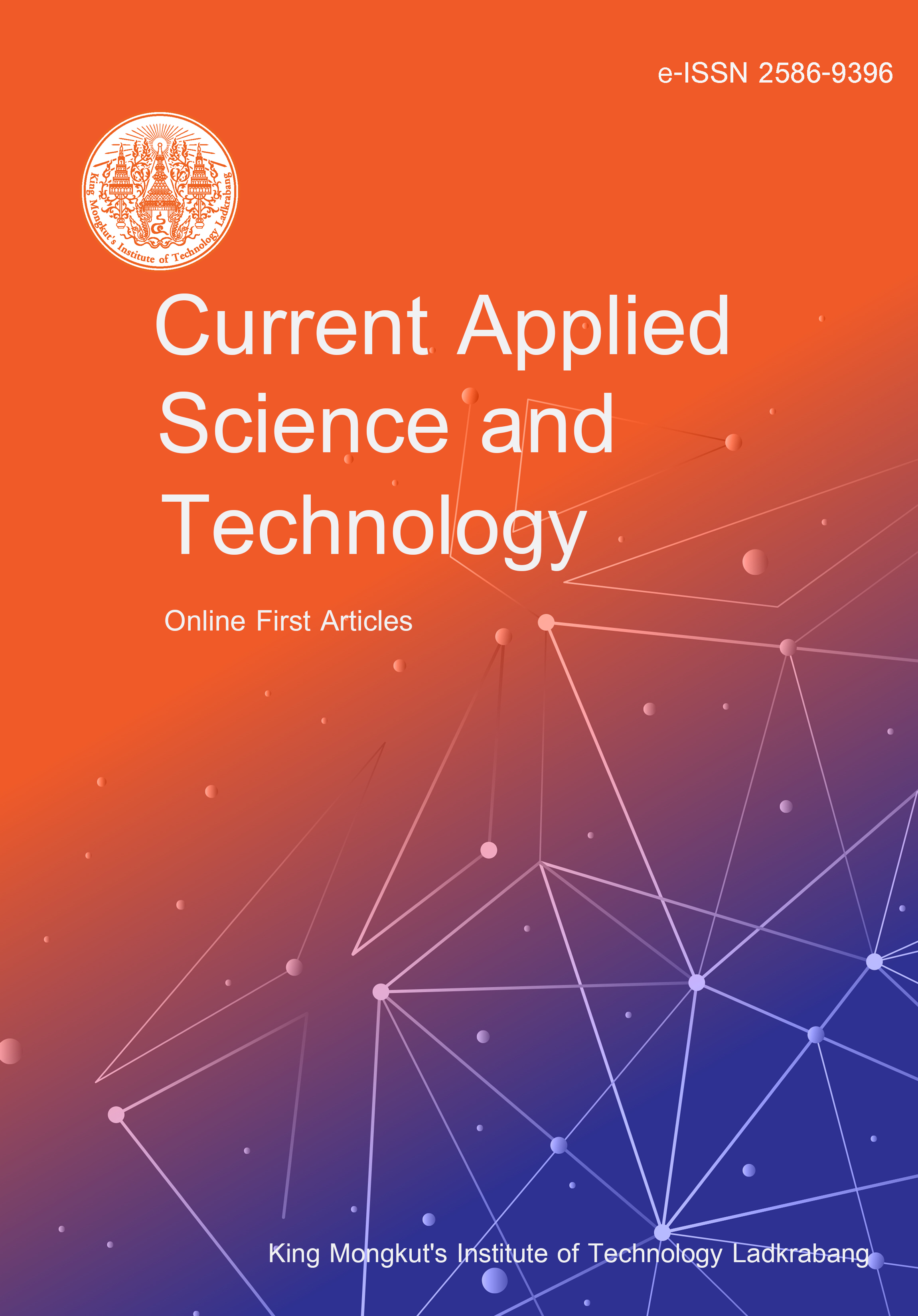The Ficus auriculata fruit is not only a nutritionally valuable food but also a rich source of polyphenols, which contribute to cardiovascular health, cancer prevention, blood sugar regulation, and cholesterol reduction. This study aimed to optimize the extraction conditions for polyphenol-rich extracts from fig fruit using response surface methodology (RSM). The effects of enzyme concentration, solvent-to-solid ratio, and extraction time on total polyphenol content (TPC) were evaluated. The optimized conditions were determined to be an enzyme concentration of 0.74%, a solvent-to-solid ratio of 23:1 (mL/g), and an extraction time of 65 min. Under these conditions, the TPC in the extract reached 2.65 g GAE/100 g dry matter, closely aligning with the predicted value of 2.70 g GAE/100 g dry matter. Scanning electron microscopy (SEM) analysis confirmed significant structural modifications in enzyme-treated samples, indicating enhanced extraction efficiency. Furthermore, GC-MS profiling identified 13 bioactive compounds in the optimized extract, suggesting their potential role in antioxidant activity. These findings highlight the potential of F. auriculata fruit as a valuable source of natural polyphenols, supporting its application in functional foods and pharmaceutical formulations.
Tien, P. T. M. ., Hai, T. C. ., Lam, N. T. T. ., Tam, N. M. ., Nhi, N. N. Y. ., Linh, P. T. P. ., Nhu, L. N. ., & Man, P. V. . (2025). Enhanced Enzyme-assisted Aqueous Extraction of Polyphenols from Ficus auriculata Fruits: Optimization and Assessment of Bioactive Properties. Current Applied Science and Technology, e0266748. https://doi.org/10.55003/cast.2025.266748


https://cast.kmitl.ac.th/doi/10.55003/cast.2025.266748